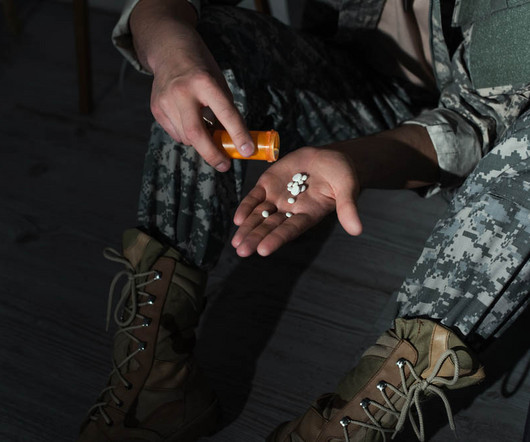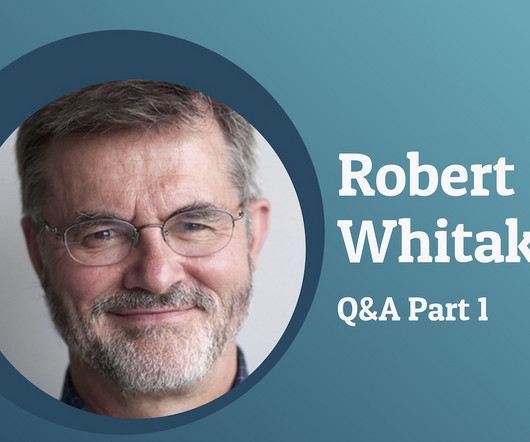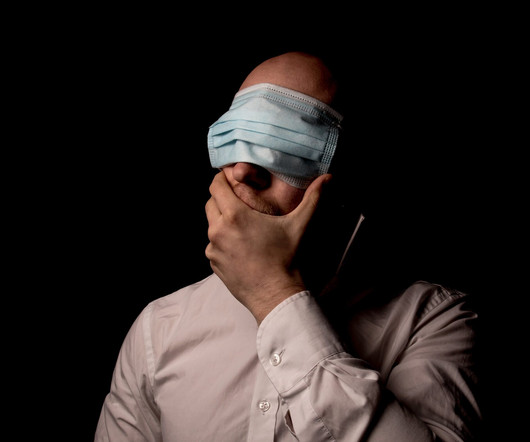Risks of Prescribing Psychiatric Drugs to Veterans
Mad in America
OCTOBER 12, 2024
While the researcher had just completed his academic training to become a psychiatrist, he received no education at all on the withdrawal issues facing him, as well as more than 1 in 6 patients prescribed antidepressants. SSRI antidepressants and other blockbuster psychiatric drugs were released in the late 1980s and early 1990s.
































Let's personalize your content